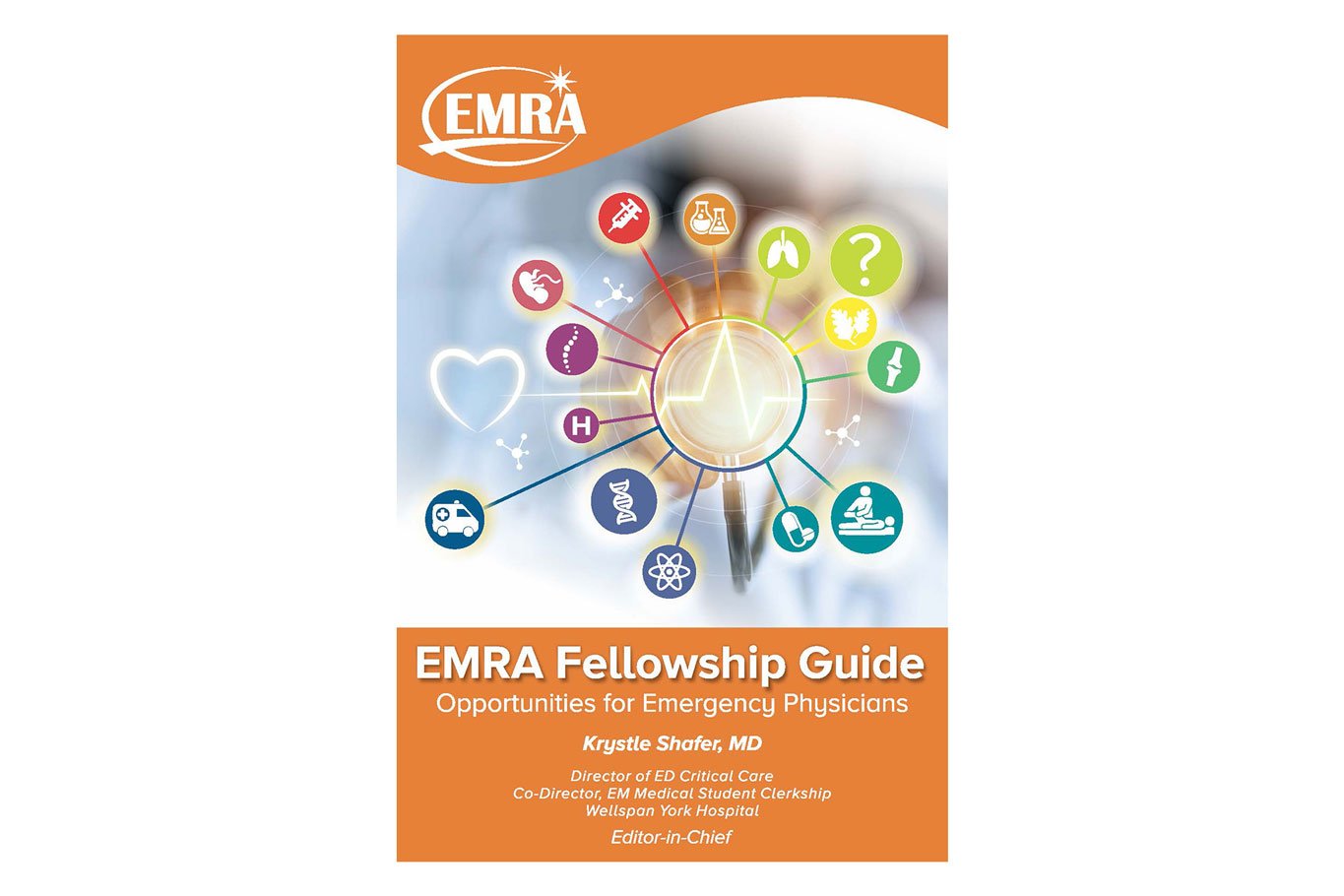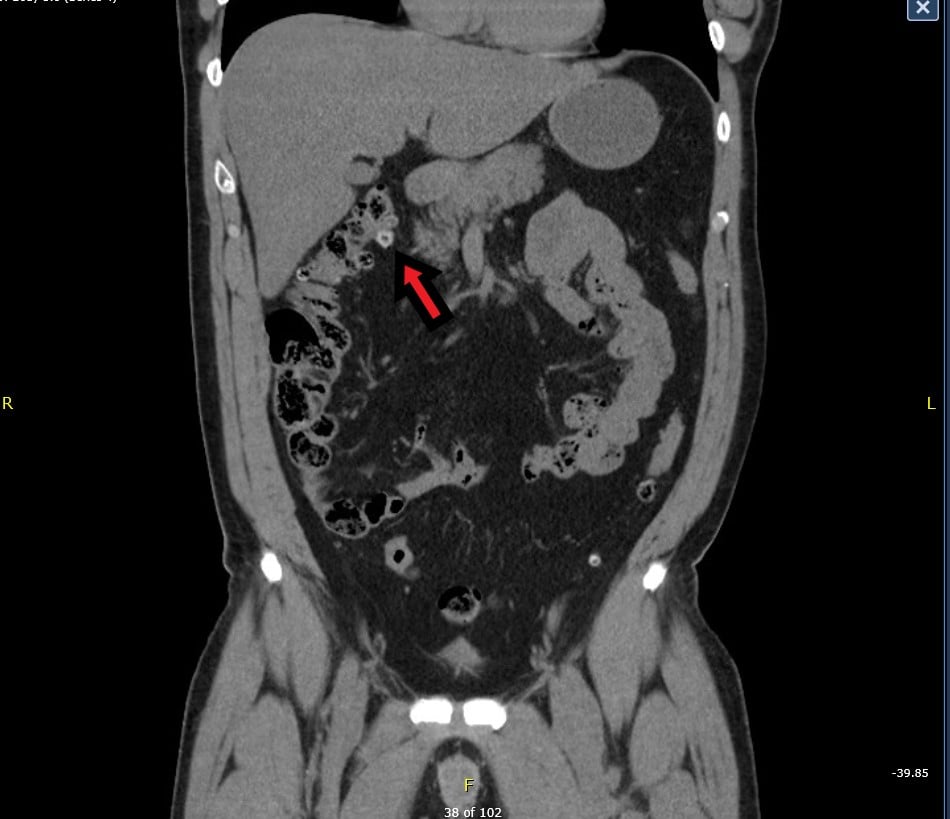Health Policy Fellowships
EMRA is launching Fellowship Match! We are adding fellowships daily.
Look for fellowships using criteria important to you.
- Geographic location
- Fellowship type or training opportunity
- Advanced Degrees Offered?
- Is Moonlighting Allowed?
- Length of Program?
- Number of Shifts per month?
- Save your favorites
- Export your fellowships to a spreadsheet to look at offline
EMRA / ACEP Medical Student Elective in Health Policy
Student Opportunity
This course is reserved for 4th year medical students applying for EM residency programs with an interest in health policy. The 4-week course takes place in-person and may be taken as a research elective for credit.
Learn More
EMRA Fellowship Guide
Chapter 11 Health Policy Fellowship
Healthy policy fellowships strive to educate future physician leaders who will be effective change agents within the health care system and ultimately serve to shape the future health care landscape. This is accomplished through the development of academic, clinical, and professional skillsets. EM providers, with their experience at the gateway to health care and broad clinical training, are uniquely qualified to serve in this capacity.
Go to Chapter 11Related Content


Apr 08, 2021
Near Death by Nasal Packing: A Rare Complication Due to the Fatal Trigeminocardiac Reflex
Epistaxis is a complaint that is frequently seen in the emergency department. As a physician, we took an oath to do no harm, but what if we end up doing more harm than good when managing epistaxis?






